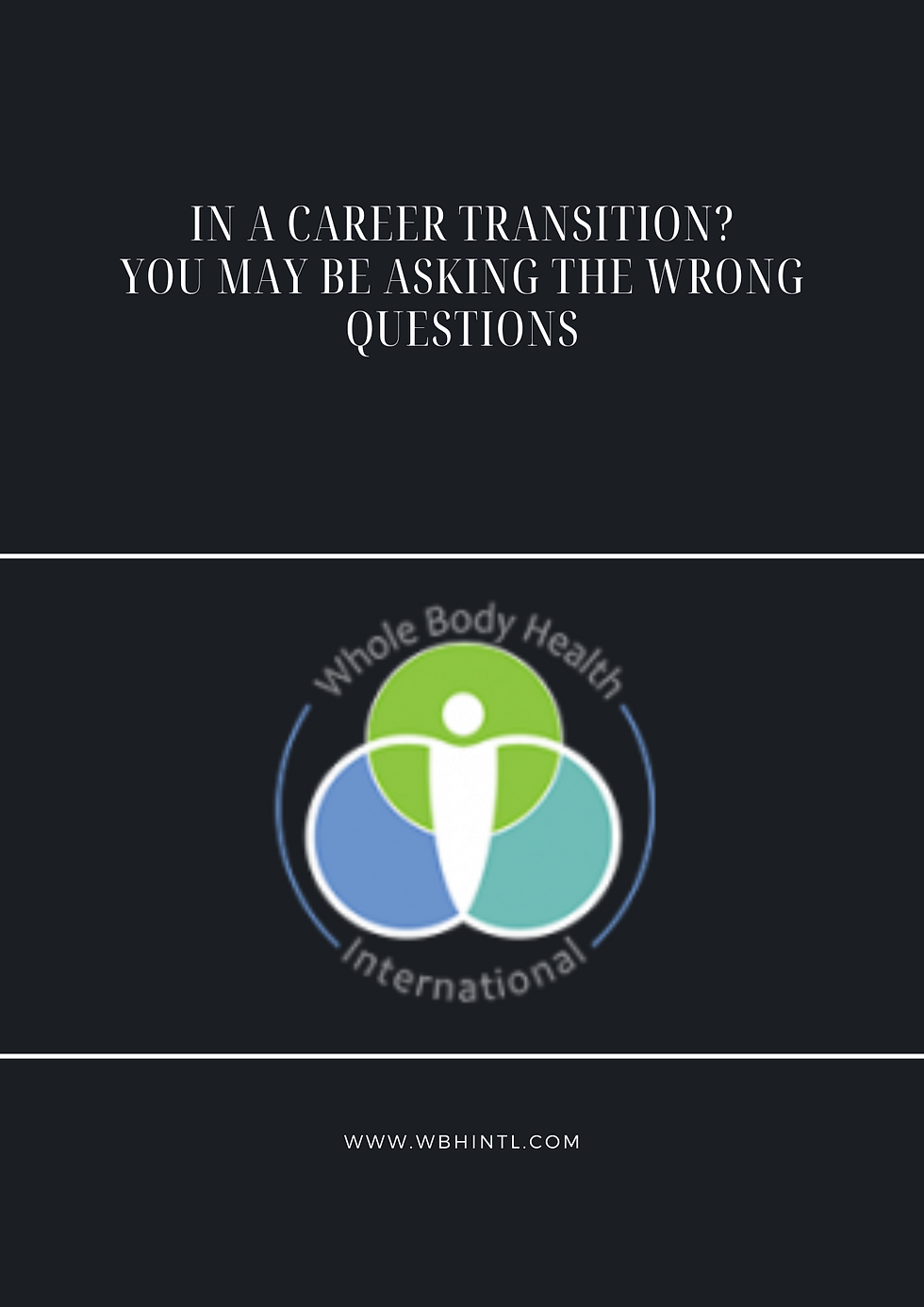Wired for Struggle: Why Hardship Can Be the Making of Us
- juan@wbhintl.com

- Sep 8
- 3 min read
A few years ago, I did the Marine Corps Trifecta consisting of a full marathon (26.2 miles – 42k), followed by a 6 miler (10K), finishing with a 30 mile (50K) run. I decided that I would do it in the span of three days. I stood at the starting line of day one not sure that I would be able to pull this off. I did the 50k on day one, the 10k on day two, and the 42k on the final day. More than once during those three days the following would surface: Why do we do this to ourselves? Why not stay comfortable?

The answer can be found in reflection, in research, and in philosophy. We don’t seek struggle because we like suffering. We seek it because humans are wired for it. Hardship is not a detour from the good life. It’s the fire where the good life is forged.
Most of us instinctively chase comfort. We plan for security, stability, and happiness. But human history — and modern science — tells a different story: we are wired for struggle. Adversity doesn’t just test us; it shapes us, enriches us, and can even extend our lives.
For years, the good life was defined by two things: happiness and meaning. But psychologists like Shigehiro Oishi have added a third dimension: psychological richness — a life filled with variety, perspective-shifting experiences, and unexpected turns.
Think about it. The stories you tell years later aren’t about the times you lounged comfortably. They’re about the job you risked, the mountain you climbed, the challenge you barely got through. These may not have been some of the happiest moments, but they made life richer, deeper, more alive.
Seneca, the Roman Stoic, would have agreed: “Difficulties strengthen the mind, as labor does the body.” The Stoics knew that comfort dulls us, but challenge sharpens us.
Marcus Aurelius, writing in his Meditations, reminded himself: “You have power over your mind — not outside events. Realize this, and you will find strength.”
Resilience isn’t fixed. It’s a muscle. We build it through adversity, through learning to regulate our emotions, and most importantly, through community.
Resilience grows when we act on that truth.
Epictetus, who knew suffering firsthand as a slave, wrote: “Difficulties are things that show a person what they are.” Pain reveals, but it can also re-make.
Long before science gave us data, Nietzsche gave us provocation: “What does not kill me makes me stronger.” His idea of amor fati — the love of one’s fate — mirrors the Stoic call to live in agreement with nature, embracing both fortune and misfortune as part of life’s design.
Both perspectives ask us to stop resisting hardship as an interruption. Instead, to see it as the raw material of becoming. Seneca wrote: “Fire tests gold, suffering tests brave men.” Nietzsche, centuries later, gave the same challenge: not merely to endure our trials, but to affirm them as necessary for growth.
Looking back, I don’t remember the pain of those three days as much as the feeling of finishing something I wasn’t sure I could. The hardship became part of my story — one that I wouldn’t trade for comfort.
Here’s what the science and philosophy both agree on:
Hardship expands us. Psychological richness comes from experiences that stretch our perspective.
Struggle strengthens us. Resilience is a predictor of health and longevity.
Pain can transform us. Post-traumatic growth shows that wounds can hold unexpected wisdom.
Narrative matters. Nietzsche and the Stoics remind us that how we frame struggle determines whether it weakens or remakes us.
Life will hand us challenges, big and small. Instead of asking why me? perhaps the better question is what now?
Seek challenges that stretch you without breaking you. Build resilience through connection. Practice the Stoic art of reframing adversity. And embrace Nietzsche’s invitation to love your fate — all of it.
Because struggle isn’t life’s mistake. It’s life’s method. And when we embrace it, we don’t just survive — we become.







Dot and Doc makes the study abroad process smoother and more confident for students. Their transparent counseling, strong university connections, and supportive approach make them a dependable choice for overseas education. Whether you're planning international studies or pursuing MBBS abroad, Dot and Doc ensures clarity and guidance at every step. Highly recommended for students looking for professional and genuine study abroad support.
Contact Now : https://dotanddoc.com/
"I feel completely safe usingMahadev Book. My Mahadev Book ID was created instantly, and I trust their privacy system. The login is always secure, and I know my data is protected at every step."
join now :https://mahadevbooks.today/
Mahadev Book is an amazing platform! My Mahadev Book ID was verified instantly, and the Mahadev Book login works super fast. Totally safe and reliable — great experience overall!
Join Now : https://mahadevbooks.today/
Mahadev Book made the whole process super easy for me. My Mahadev Book ID was ready in minutes, and the Mahadev Book login worked perfectly. The support team on WhatsApp is also very fast and friendly—great experience!
Join Now: https://mahadevbooks.today/
If you're searching for a trusted study abroad consultant to pursue MBBS abroad, choose Dot and Doc — where guidance is real, support is continuous, and your medical future matters. Start your MBBS journey with the right support. Visit Dot and Doc today and take your next step with confidence.
Contact Now : https://dotanddoc.com/